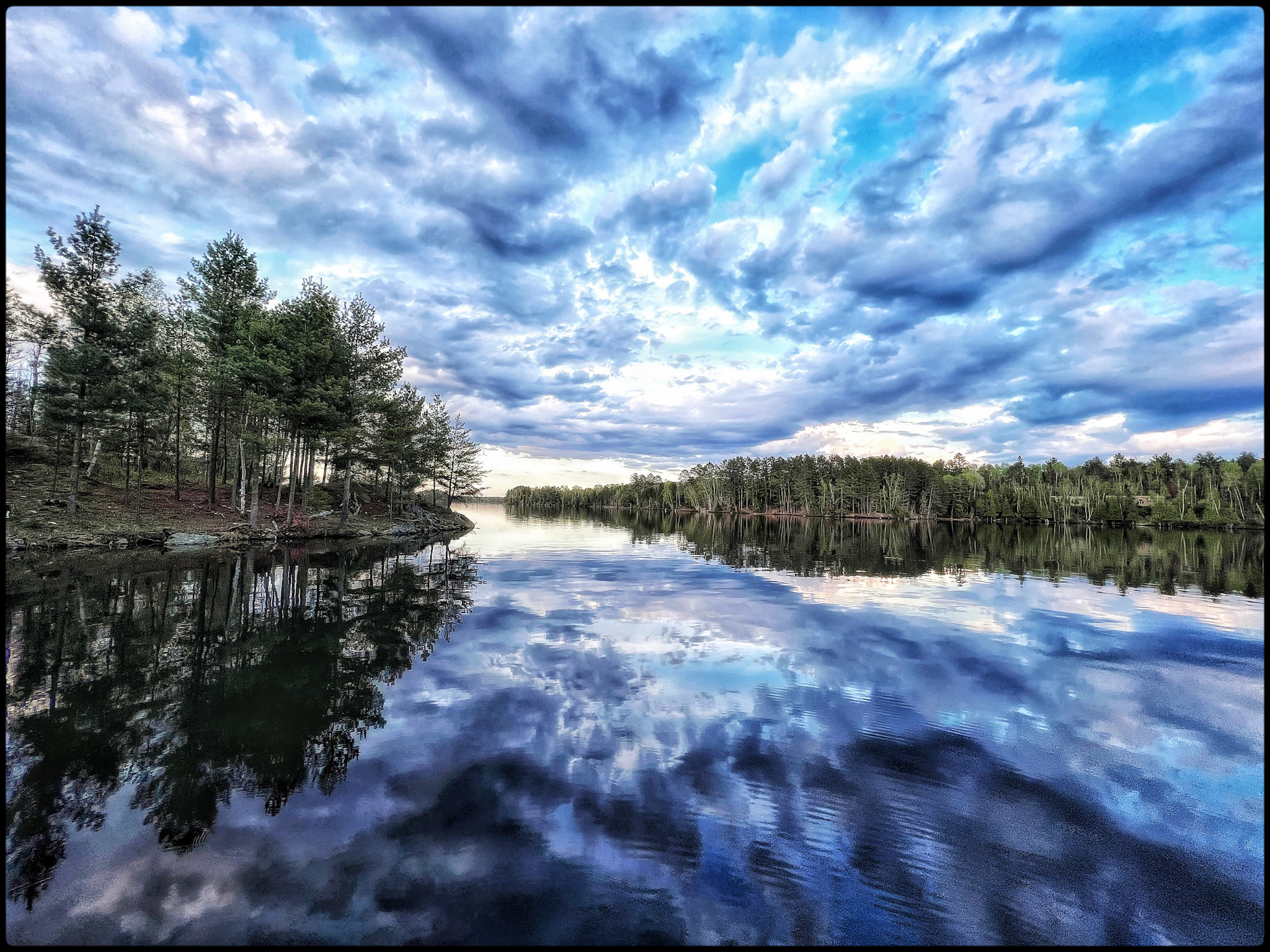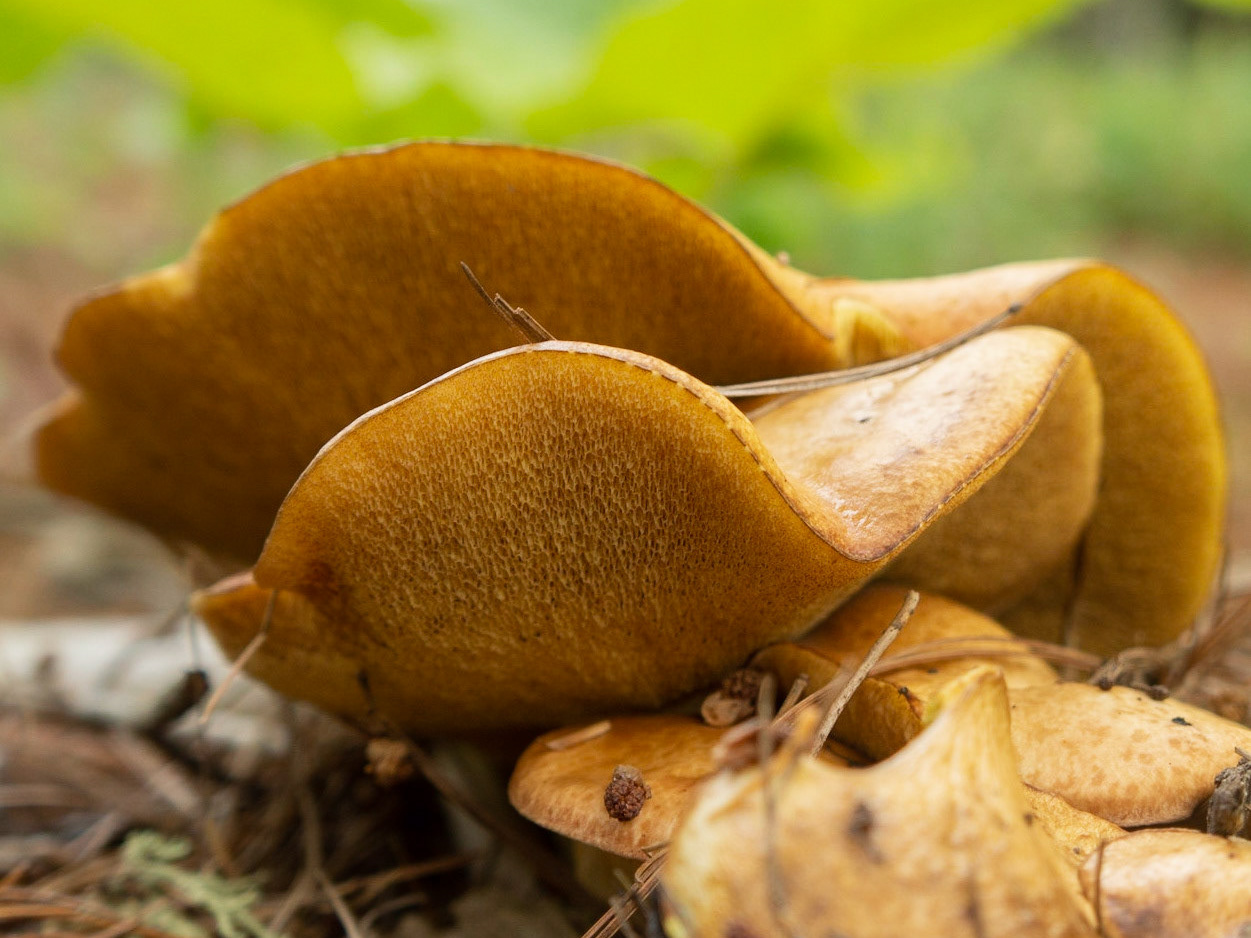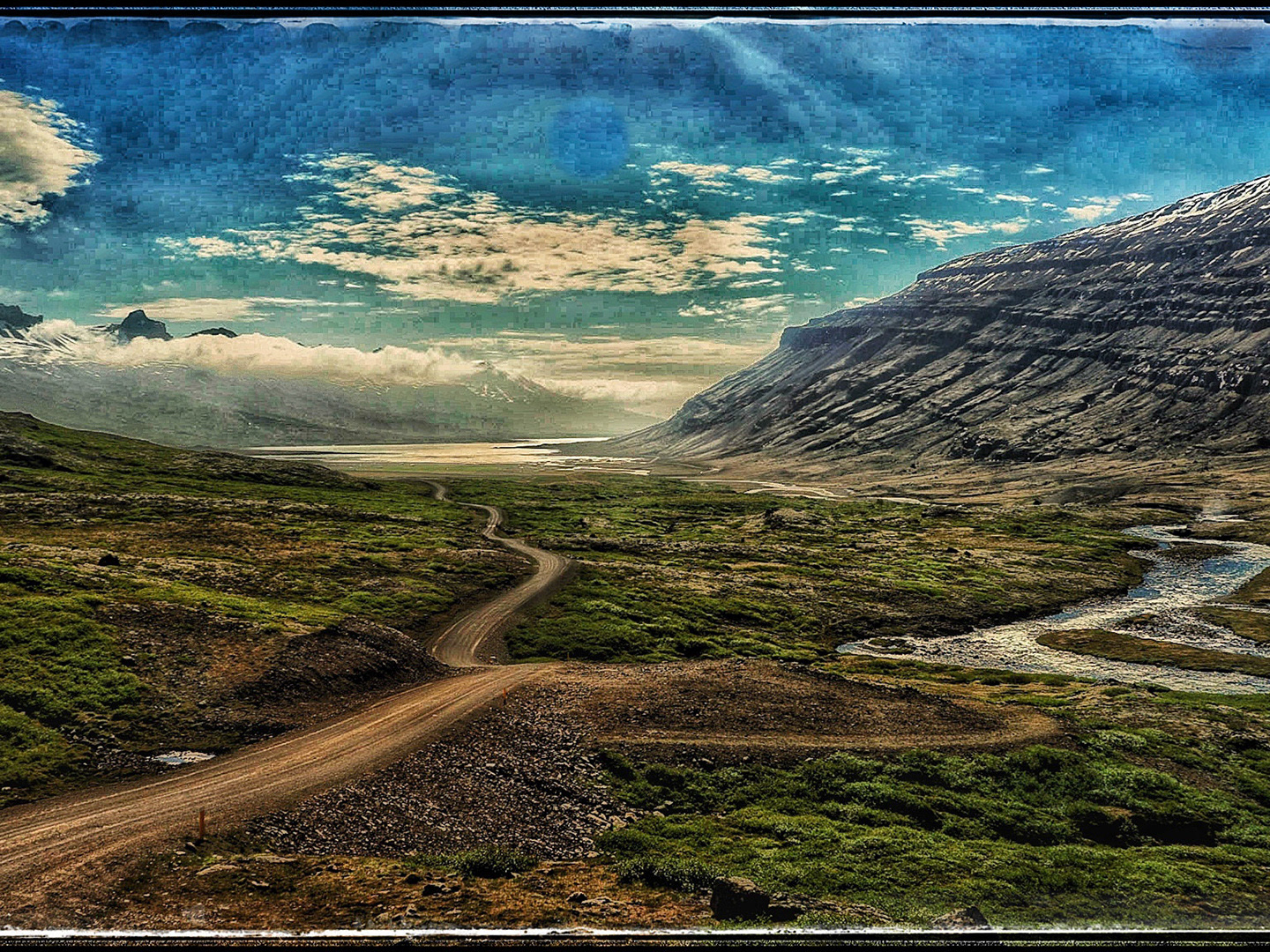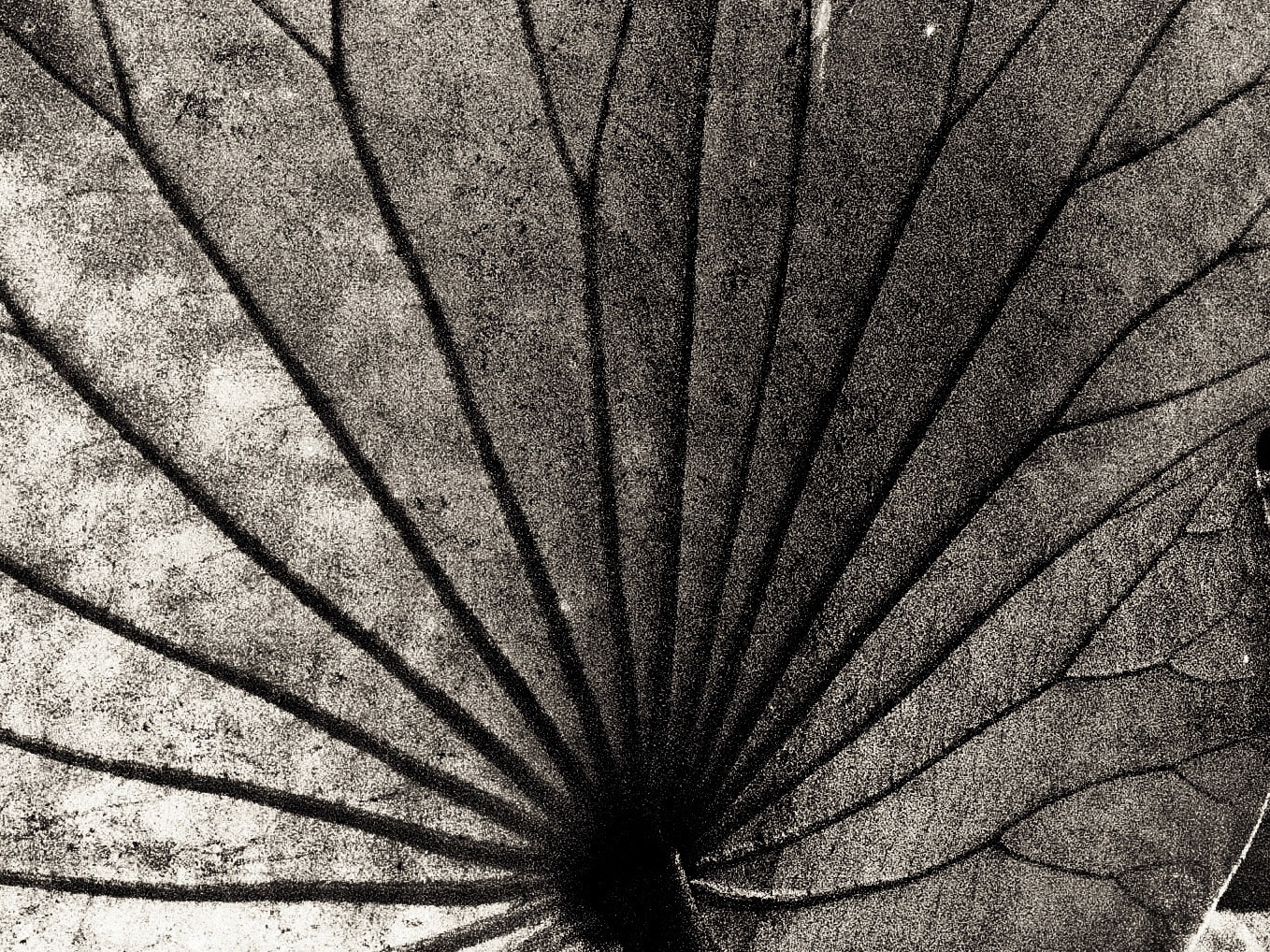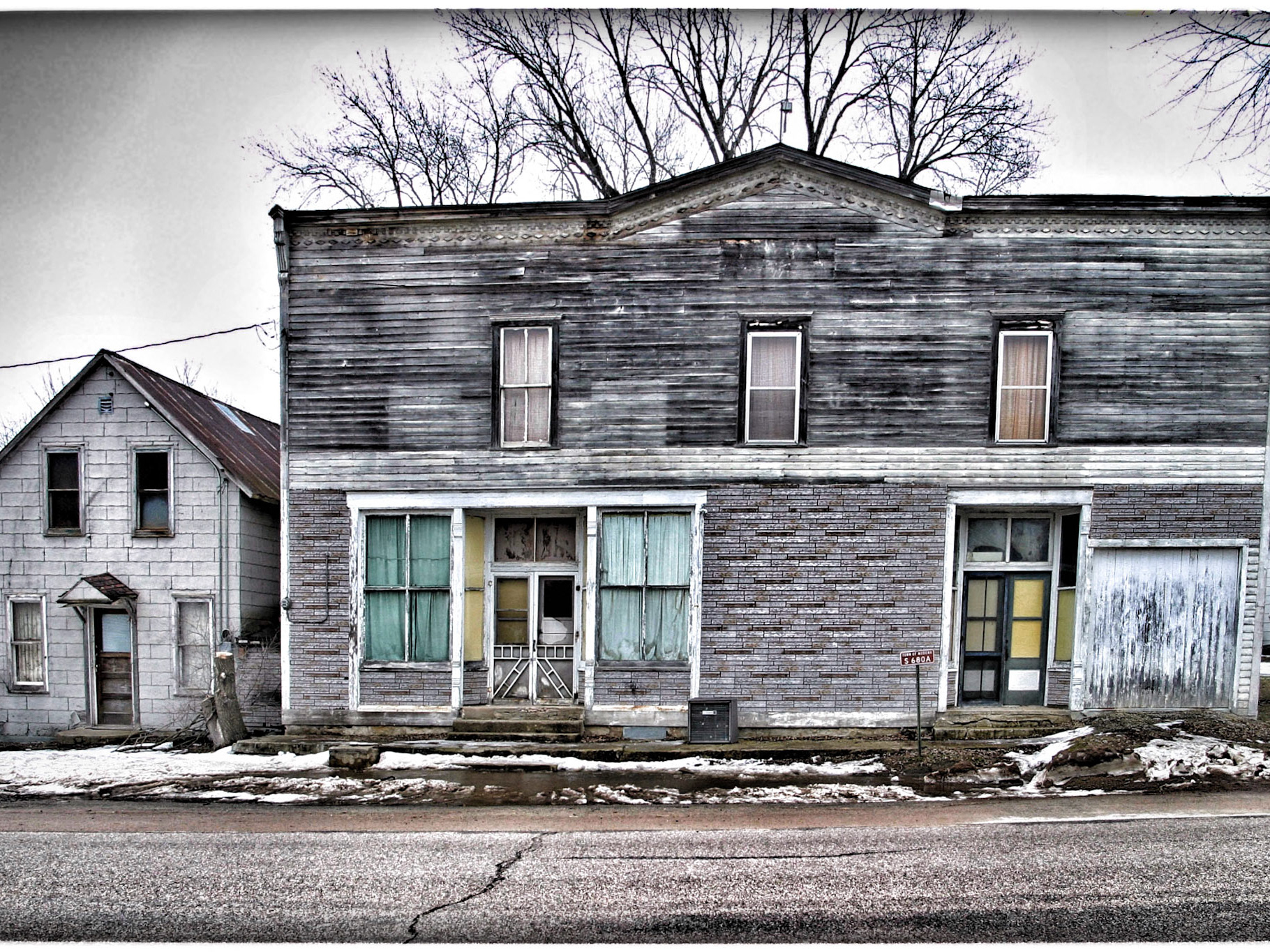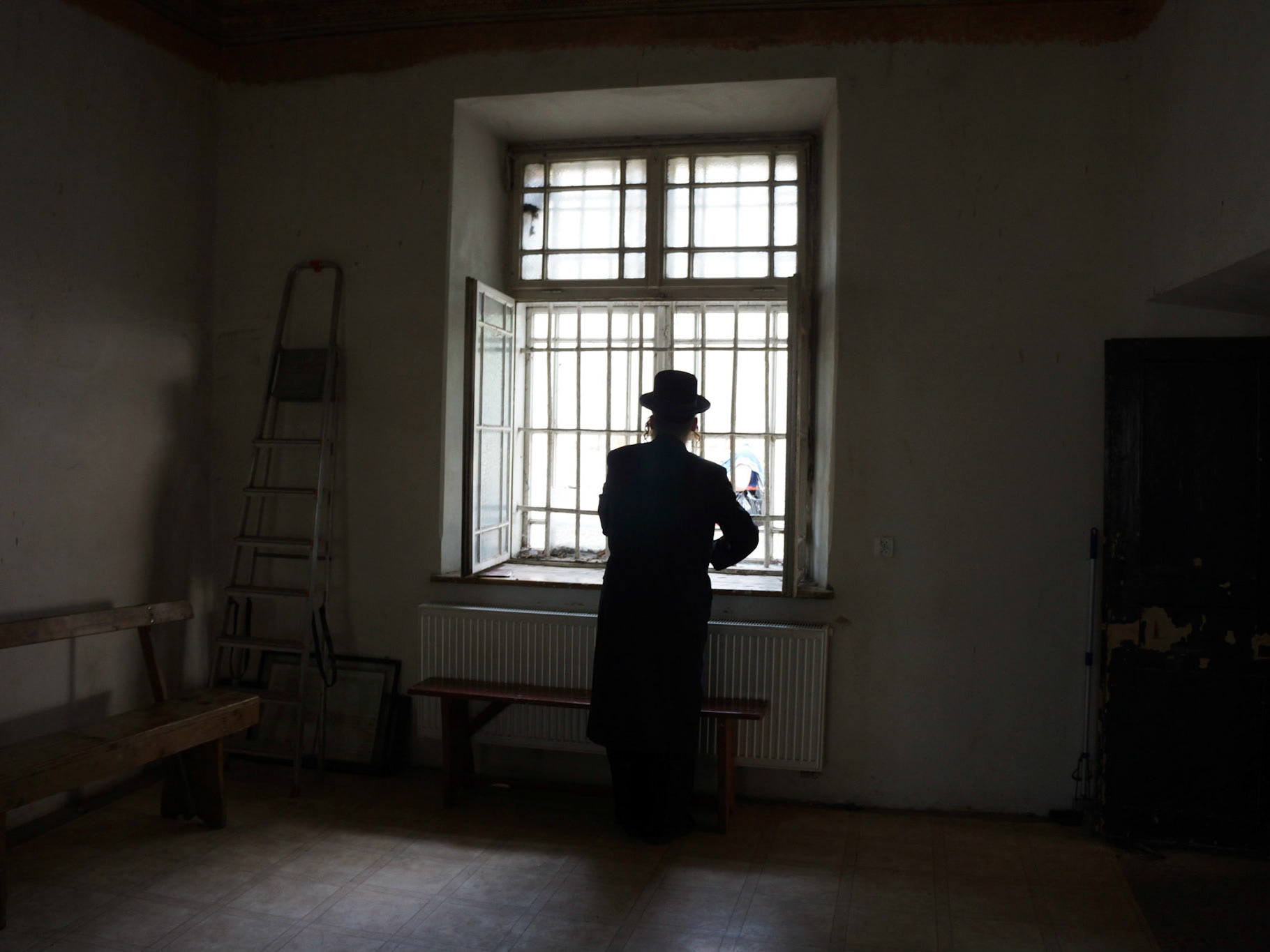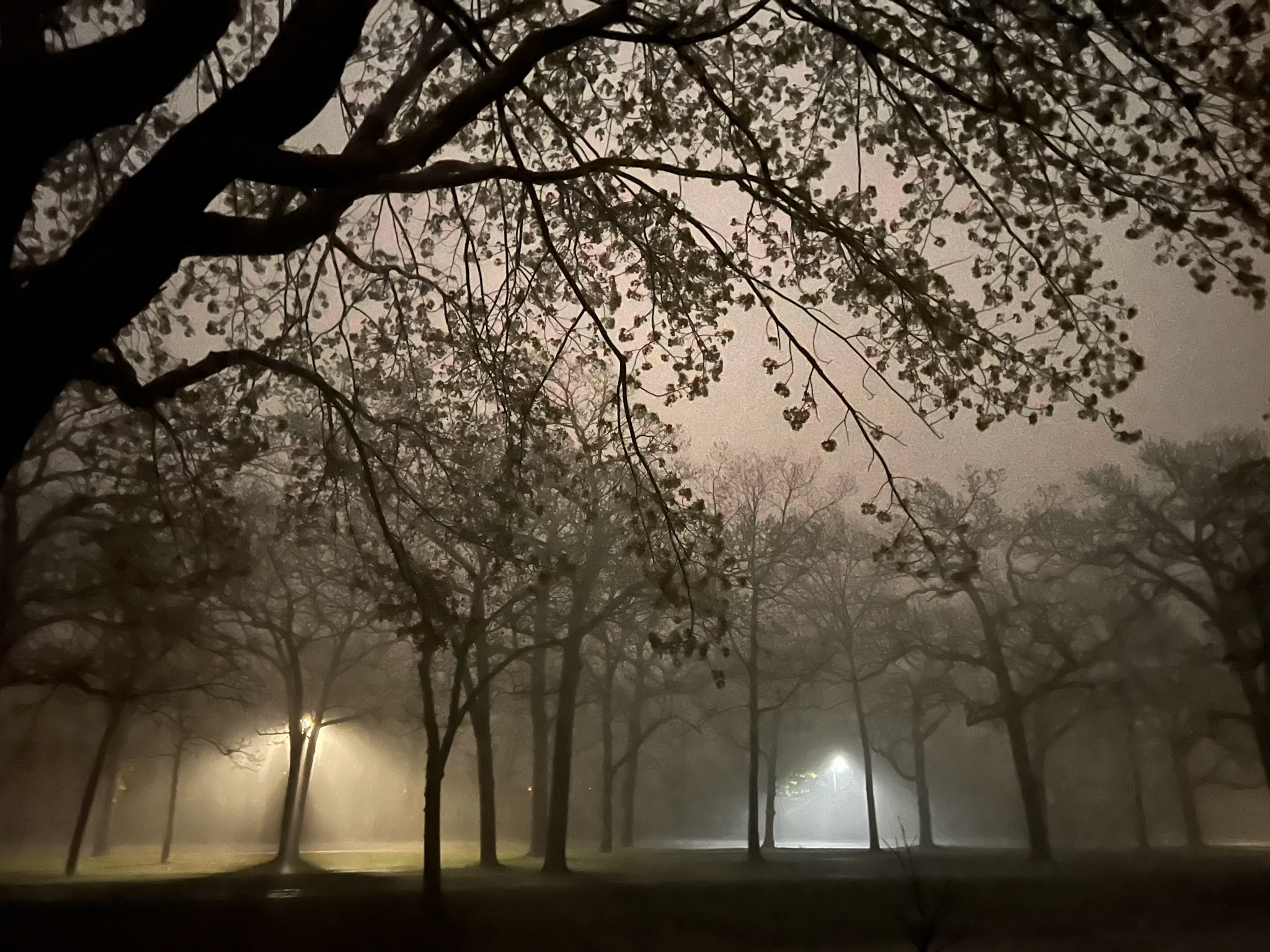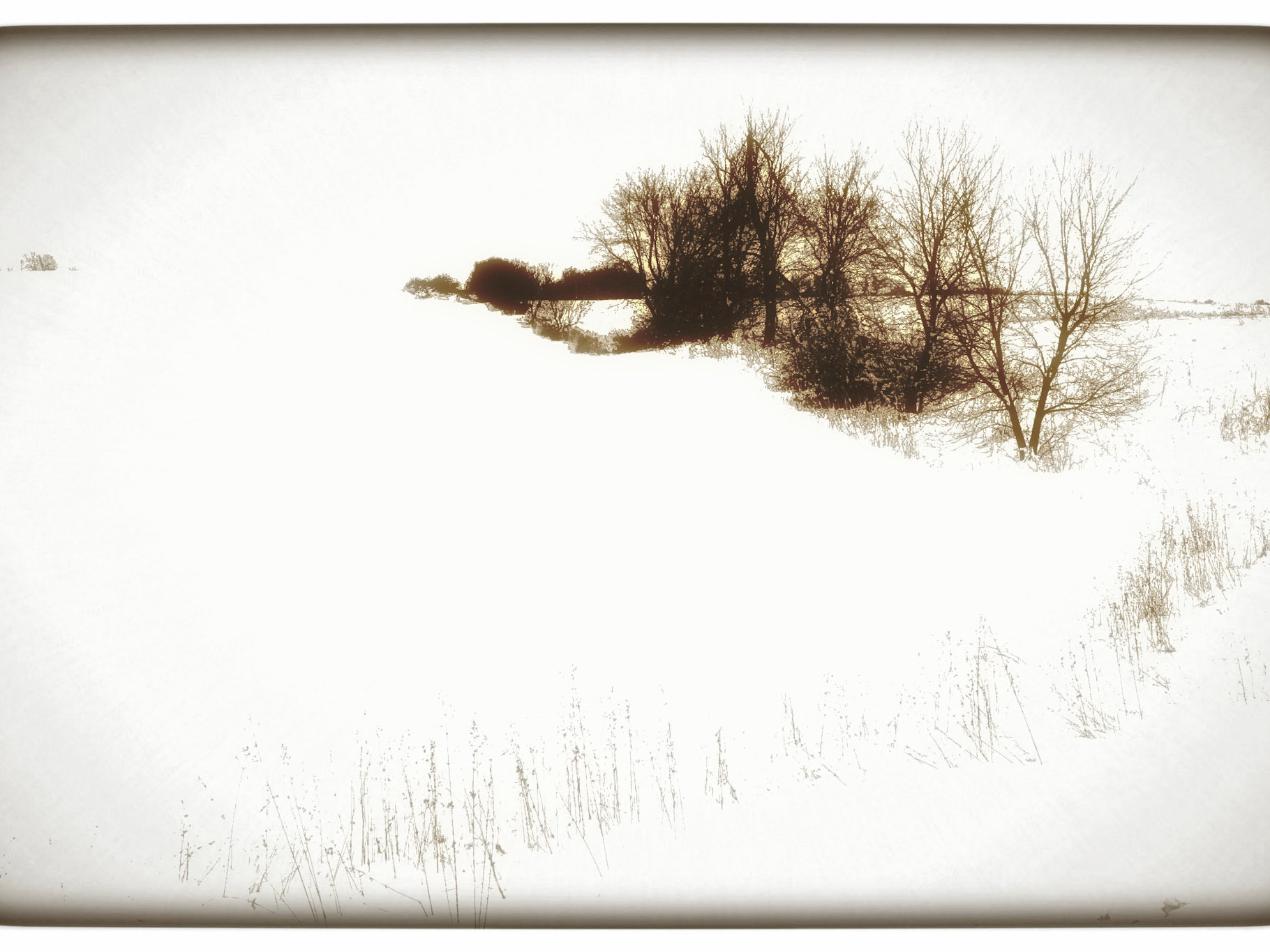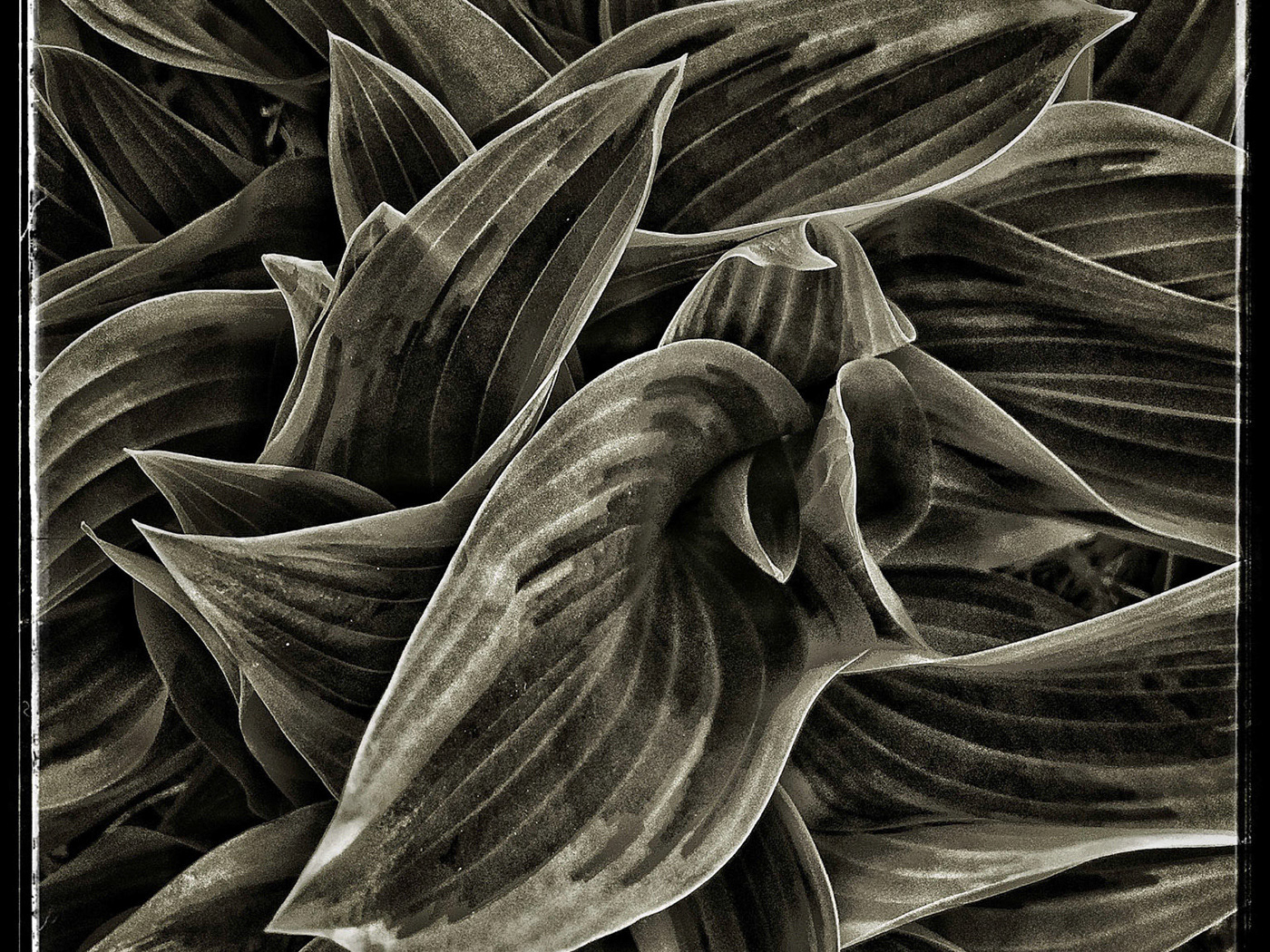We alighted from the train after a 36 hour trip, east and south from Ankara to Diyarbakir, Turkey. We arrived around 7 pm, late September, 1968. Five Americans, young. Peace Corps volunteers. Sami met us. Vigilant to make sure none of our bags were lifted by unauthorized hands. Loaded the bags onto an open truck - maybe a wagon pulled by a tractor, or a horse-drawn wagon? The five of us in a minivan. Too late for restaurants. Where did we get dinner that night? Lots of vagueness; some of us delivered to an apartment in the "new city", no doubt the apartment just vacated by the PCVs who had recently departed. Not vague: the smell, a combination of horse manure and diesel. An evocative smell for me ever since. And, the immense sense of excitement.
This portfolio is a work in progress, an attempt to capture that emotional intensity from fifty-plus years ago. But it is, of course, an attempt by a 77 year old thinking back. Knowing, in a sense, how it all turned out.
Stay tuned.
Sunrise over the Sea of Marmara, the Bosphorus, and the Golden Horn. Our first view of Turkey on our approach to Yesilkoy Airport, Istanbul. September 1968.
I was 22 years old.
Our Peace Corps Training Group - Turkey 16 - spent nine intense weeks of Turkish immersion and teacher training at the University of Texas in Austin. After a brief home leave, my parents, Phil and Zelda Janus, and I drove to New York City. At JFK airport, our group boarded a chartered Pan Am flight to Rome, then Istanbul, then Ankara. No memories of arrival in Ankara ... time of day? Put up by the Peace Corps in the Berlin Hotel, in (or near) the Ulus section of Ankara.
And this is one of my crispest memories of my time in Turkey: In the pre-dawn of my first night in Turkey, being awakened by the morning call to prayer. Without a doubt, my first time hearing it. Multiple mosques around the city, all broadcasting the call to prayer over loudspeakers on their minarets; all slightly off-synch - no internet-precision time. And each echoing off of the hills of Ankara. Not a cacophony. But a community of individuals, all singing the same prayer, echoing and repeating, close by, in the distance, all around. Growing crescendo as more and more muezzin's join in. And then a diminuendo, with a final lone singer, somewhere in the dark city. Welcome to Turkey, they were saying to me. This is not Bethesda, Maryland. This is not Northfield, Minnesota. You are far away from home in a place with echoing and mysterious beauty and history and culture. Go forth and explore it.
How to reconstruct memories
I'm wondering whether this portfolio, this memoir, ought to have dated entries, as I progress through my journey with Carolyn (more on this below), read my old letters, look at these old pictures. I know enough about "recovered memories" to know that every time the memory is accessed, it might be changed. I've known that for a long time, intuitively, reluctant for many years to go back to Turkey as a tourist, afraid that my memories from the late 1960s would be irreparably damaged, sullied by viewing Turkey as a tourist, god forbid, rather than a Peace Corps Volunteer!. Now, in 2023, I'm reviewing some of the letters I wrote when I was in the Peace Corps. The letter cache I am opening was kept by my parents; letters I wrote to them (and they to me), and to my brother Louis. I know there is another cache of letters, somewhere, maybe in our garage, that I wrote to Carolyn when she was in India, and then in Cambridge, Massachusetts. Those are harder for me to get up the courage to access. But, I will.
The pictures from Peace-Corps times that I like best are the ones that evoke the experience, with its emotions, the wide-eyed excitement of a 22-year-old embarking on a big adventure. This picture - of minibuses, "dolmuş", in Turkish - lining up, waiting for passengers, their drivers calling out their destination, evokes. I remember "Ulus, Ulus, Ulus", the center of old Ankara, whose narrow hillside streets I wandered in the weak light of dawn on my first days in Turkey.
Diyarbakir - on the Banks of the Tigris River
So began a life-changing adventure, my two years in the Peace Corps. This portfolio is a tentative exploration of that journey - a journey to the banks of the Tigris River, running through the ancient city of Diyarbakir in southeastern Turkey, not far from the edge of the Anatolian plateau, overlooking the Mesopotamian plain that stretches through Iraq and Syria.
For most of my life that journey has loomed large. My wife Carolyn Chalmers and I have gone back to Turkey a dozen times. I've been focused on writing a book about my experience for 15 years. In some ways, this imprint on me isn't a surprise. After all, i was 22, I had spent three months in intensive language instruction - so that the grammatical structure of Turkish is deeply ingrained in my brain, and my accent - if not my vocabulary - is even now, 50 years later, remarked on by Turks. I was living on my own (not with my parents or in the protective cocoon of Carleton College's small-campus dormitories).
So why this experience looms so large in my life. After all, it is a bit less than two of the 77 years (so far) that I’ve lived. It is not my bar mitzvah, or my wedding, or my admission to the Bar. Not when I first had sex (well, actually, it is … hmmm … that might be part of it).
But there might be a deeper reason for the strength of my connection. Diyarbakir is and was the heart of Kurdistan, with basalt walls dating back to the Roman emperor Constantius II in 349. But it was also an ancient and enduring site of multiculturalism, where for millennia Jews, Christians and Muslims had lived as neighbors. Also in the neighborhood: the City of Urfa (now Sanliurfa), where, according to Muslim tradition, Abraham was born, and Harran, the ancient city where, according to the Bible, God speaks to Abraham (Avram) saying, "Go forth from your native land and from your father's house, to the land that I will show you."
There's an additional connection. Turkey is in the general neighborhood of Ukraine, and specifically Odessa. All four of my Jewish grandparents were born in Ukraine; my maternal family came from near Odessa, right across the Black Sea from Turkey. And finally, I think that Diyarbakir in the late 1960s was not much different from the Jewish shtetls near Odessa and Kyiv from which my grandparents emigrated in about 1910. Somehow, even as a 22 year old from inside the Beltway, felt like i belonged in Diyarbakir.
Some context: leukemia and the Iran/Afghan boarder.
Although the experience there is fixed, my perspective looking back is not. I began writing this essay in the late winter/early spring of 2022. Six or eight months into my retirement, and I was deep into thinking about my life. Spending a lot of time working on a book about my experience, and planning a trip to Turkey for Carolyn and me and our two kids, their spouses, and their kids … 10 in all. Kind of gutsy to think about and plan … but particularly in 2022, two years into Covid. So, double, at least, the normal worries and contingencies of planning international travel for a moderate-sized group. What forms do I need to fill out for each of the ten. Will they have their covid vaccination forms? And, most looming, how will we manage the covid test to return to the US - must be taken within 24 hours of departure! What will we do if one of us has covid?
June 2, 2022 … we are set to take off on our trip to Turkey postponed for two years because of Covid. A trip in a way modeled after our trip with our kids in 1984 to Greece, though we had done a trip to Greece with this group 4 years before. Both Greece and Turkey have been important to us, but Turkey has always been more daunting, more foreign, and therefore, more alluring for a trip with our grandkids. In part, this essay is about why we didn't get to take this trip - because my wife, Carolyn Chalmers, of "first sex in Turkey" fame, was diagnosed with leukemia on the very day we were set to leave, and immediately hospitalized. We reached our kids, who had gone on ahead, in Toronto, and they turned around.
The leukemia part of the story is still being written. But it simply makes clear that we see these major life experiences through multiple lenses. How many times were we asked, during Carolyn's three-month hospital stay, how long we had been married - 51 years - and what accounted for our marriage's longevity. And my answer is, in large measure, Turkey. Not just the first sex there, but the joint adventures we undertook.
My memories, and pictures, from my time in Turkey fall into several buckets. Most of my time and energy was devoted to teaching. And the focus there was on the students - and what, in the world, I could, as a 22-year-old American, offer them. And then there was the discovery of the City of Diyarbakir, more superficial than my connection with my students, but, looking at the pictures, still evocative for me of the adventure. Thirdly, there was lots of travel around Turkey. The people and the history. More about those subjects below.
And finally, but from a personal perspective not least, was my travels with Carolyn. This requires a bit of explanation. Carolyn and I met as sophomores at Carleton College in Northfield Minnesota. We were in an important relationship (dating was not a term we used at Carleton at that time) for the next two and a half years at the school. As we were about to graduate, the Viet Nam War was raging, and I needed to do something to avoid being drafted. The Peace Corps was attractive, and might have been so even if the draft had not been a threat. In our senior year, I decided to join the Peace Corps, and Carolyn decided to accept a Fulbright Tutor Grant to teach and study in India. In the summer of 1968, we both flew east, landing 3000 miles apart, Carolyn in Tirupati, Andra Pradesh, India, and me in Diyarbakir, Turkey. She came to Turkey in the summer of 1969, and we travelled overland (mostly) to India from Turkey and back that summer. That was the adventure of our lives - until we encountered leukemia.
I've struggled to figure out how to approach this memoir. Here's where I've landed. I will pick out the pictures that are most evocative of my experience and memories, and write essays inspired by them.
Carolyn in Mashad, Iran, at the Imam Reza shrine.

